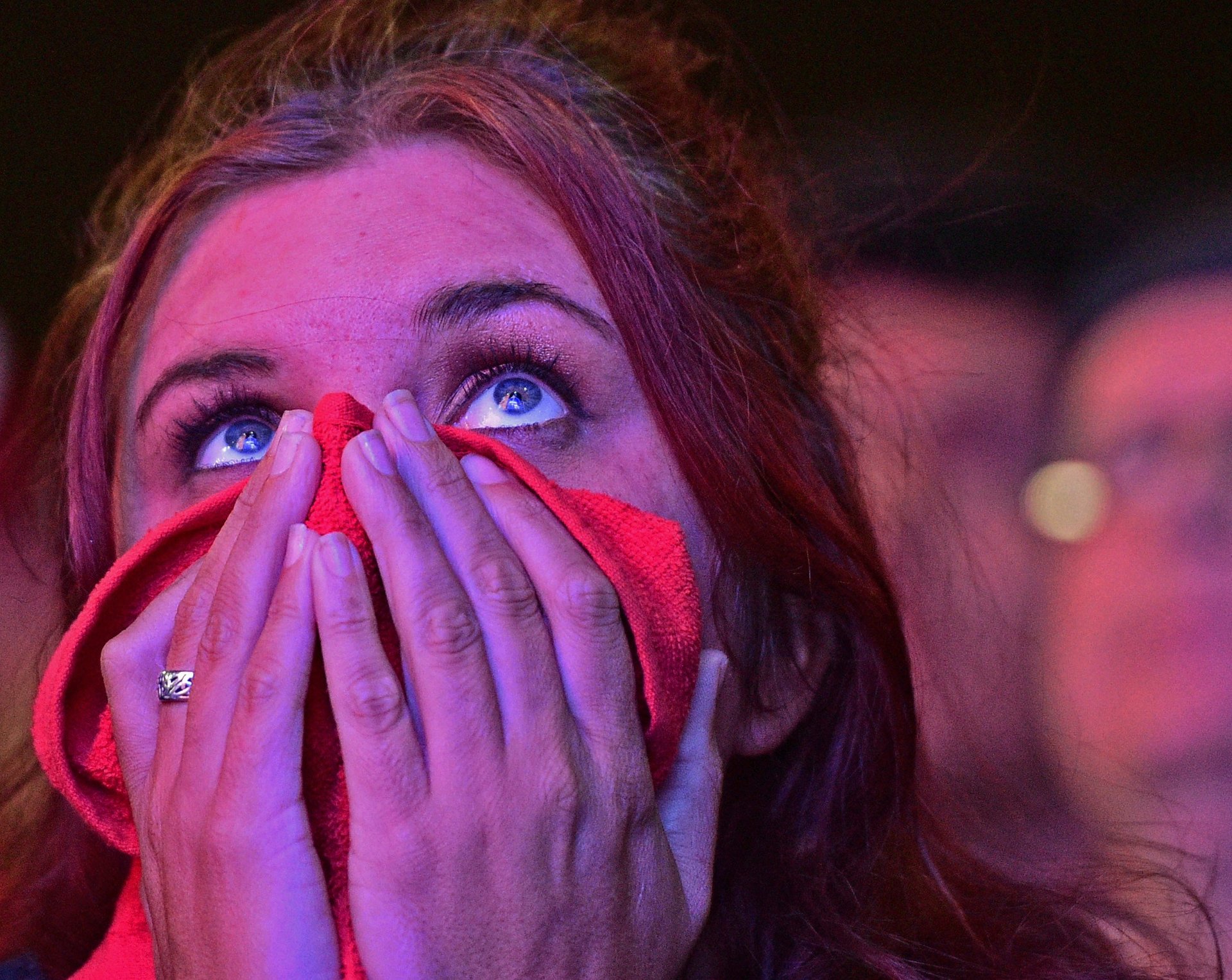The 2016 World Series proved the strength of slow sports in an attention-deficit era
There’s no instant gratification in baseball. It is a slow sport. It fits awkwardly into our hyper-connected world, where our attention spans seem to be growing increasingly short, with many of us spending ever more time impatiently flitting from one social media post to the next, often ignoring the friends and family sitting right next to us. Who can muster the time, patience, or sustained interest to sit through an entire game of baseball, which can last over four hours?


There’s no instant gratification in baseball. It is a slow sport. It fits awkwardly into our hyper-connected world, where our attention spans seem to be growing increasingly short, with many of us spending ever more time impatiently flitting from one social media post to the next, often ignoring the friends and family sitting right next to us. Who can muster the time, patience, or sustained interest to sit through an entire game of baseball, which can last over four hours?
But sometimes the slowness of sports can become a strength. Last night, the Chicago Cubs and Cleveland Indians proved it. In the Game 7 winner-take-all finale of the 2016 World Series, they generated a suspense that mounted on multiple levels: in the game itself, in the series and the playoffs, and in the decades-long histories of the teams.

Both teams have long been lovable losers in Major League Baseball. The Cubs had a championship dry spell going back 108 years, nearly as old as the league itself. Such history meant that a loss would be especially excruciating, and a win incredibly uplifting, not just for the teams, but for the fans and cities they have for so long tormented.
The weeklong series unfolded in a manner that suggested a dud, but became a thriller. On Oct. 29 Cleveland pulled ahead three games to one, making it highly unlikely that the Cubs would claim the series, as they’d have to win all three remaining matches.
Mother Nature helped make Game 7 even more memorable by raining so heavily that play had to be suspended. When people groaned “You’ve gotta be kidding me,” it indicated frustration over the delay, but also disbelief that yet more tension was being added to the situation. And with the teams tied 6-6 after nine innings, the game even required an extra one, in which Chicago finally—finally—won it all, 8-7.
All told, an average of about 20 million viewers tuned in to each game of the series, even before the cliffhanger at the end—a welcome strong showing amid declining audiences for baseball and other sports (paywall). Of course, people in the stands and watching at home might have been checking their smartphones between plays, and even been bored at times, especially during commercial breaks. But the suspense that kept them watching had built up over days, weeks, and decades. In the end, nothing on their smartphones could ever hope to compare.